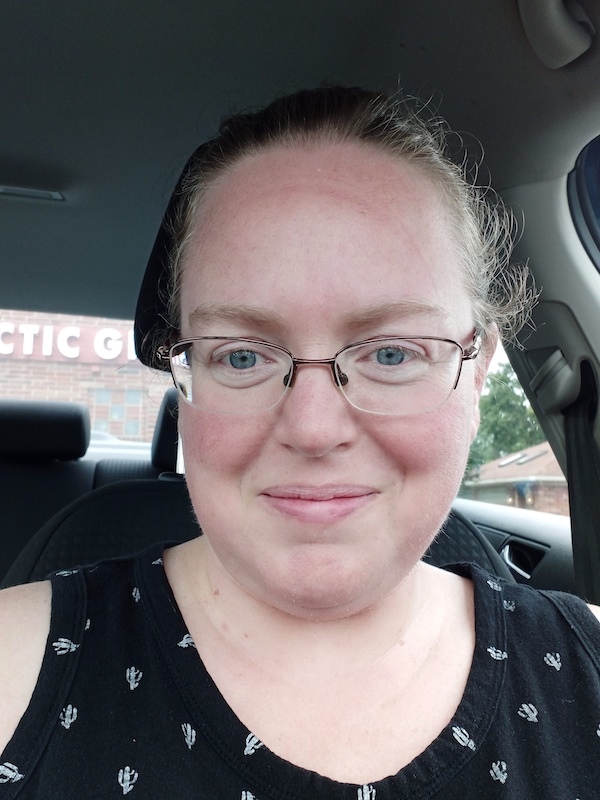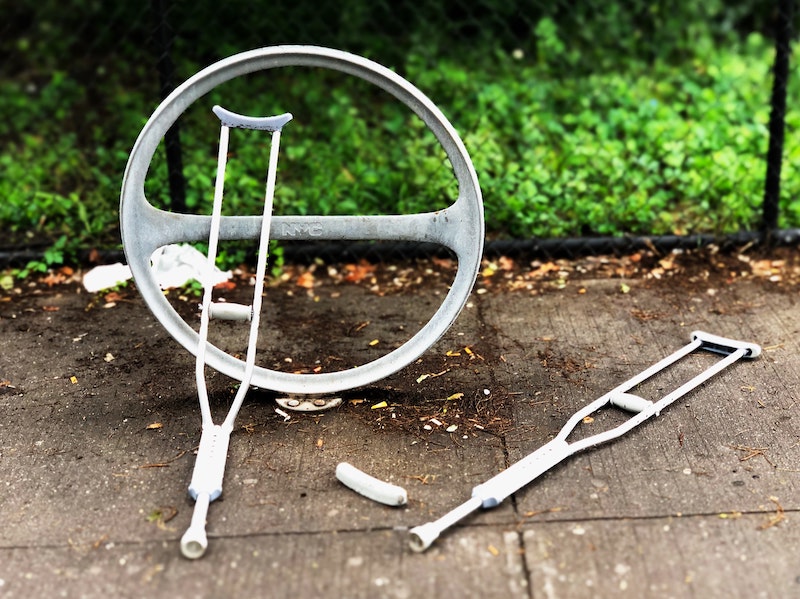I was lying on the table as my massage therapist worked her hands and arms across the pain points all over my body, the tension releasing as she held a spot for just the right amount of time. The idea of massage used to freak me out, but now I go for one monthly. It’s a forced kind of rest. I have trouble relaxing on my own. And I’ve been going long enough now that my massage therapist feels more like a friend than a stranger. She probably knows my body better than I do. It’s an appointment I look forward to each month.

A monthly massage sounds like a luxury, and maybe it is for some, but it’s become a necessity. It, combined, with chiropractic, keeps my back pain mostly at bay, giving me the kind of mobile and active lifestyle I want. (Someday, this might not be the case, so I’m trying to cherish it as a gift.)
These two appointments don’t come without a monetary price, but it’s a price I can’t afford not to pay.
As I lay there I thought about how a guy I once dated implied that I was high-maintenance. I was young and he said it in a way that felt negative so I was offended. (This should have been a red flag for our relationship. There were lots of red flags for both of us, but that’s another story.) At the time, I considered myself pretty low-maintenance. I didn’t take a lot of time to put on makeup or obsess over my clothes. I’m still not exactly sure what qualified as “high maintenance” in his mind, but I must have made a subconscious decision to be anything but high-maintenance from then on.
That manifested as suppressing my needs and wants, going along with whatever my friends, family, or spouse wanted. “High maintenance” meant to me that I was A LOT to deal with, always causing problems or conflict. I tried to be easy-breezy by never having an opinion, by throwing all my energy into caring for other people–first my husband, then my children. It was a lot of years before I realized that I needed to take care of myself, too, and that it wasn’t selfish.Two decades after hearing the words “high maintenance” in relation to myself, I accept and celebrate that I am, indeed, high-maintenance. Honestly, I’m a little suspicious of anyone who might claim otherwise.
Because anything of value is worth taking care of and that includes me (and you). Anyone who lives this life even a little bit is going to need more than a little maintenance to keep going.
Here are some of the things it takes to keep me going: the aforementioned monthly massage and chiropractic care, daily meds (for physical health), occasional meds (for mental health), daily exercise, occasional yoga, time in nature, fruits and vegetables, books (so many books). It’s not an exhaustive list. And maybe your list has other things on it that you need to keep you going.
Whatever it is you need, don’t let anyone–not yourself or a partner or parents or children or society or random strangers on the Internet (especially not them)–make you feel bad about it.
High-maintenance? Hell yes, we are, because we’re worth it! (After posting these thoughts on Facebook and Instagram, a friend suggested that we change the phrase from “high maintenance” to “maintenance worthy.” I’m in.)


